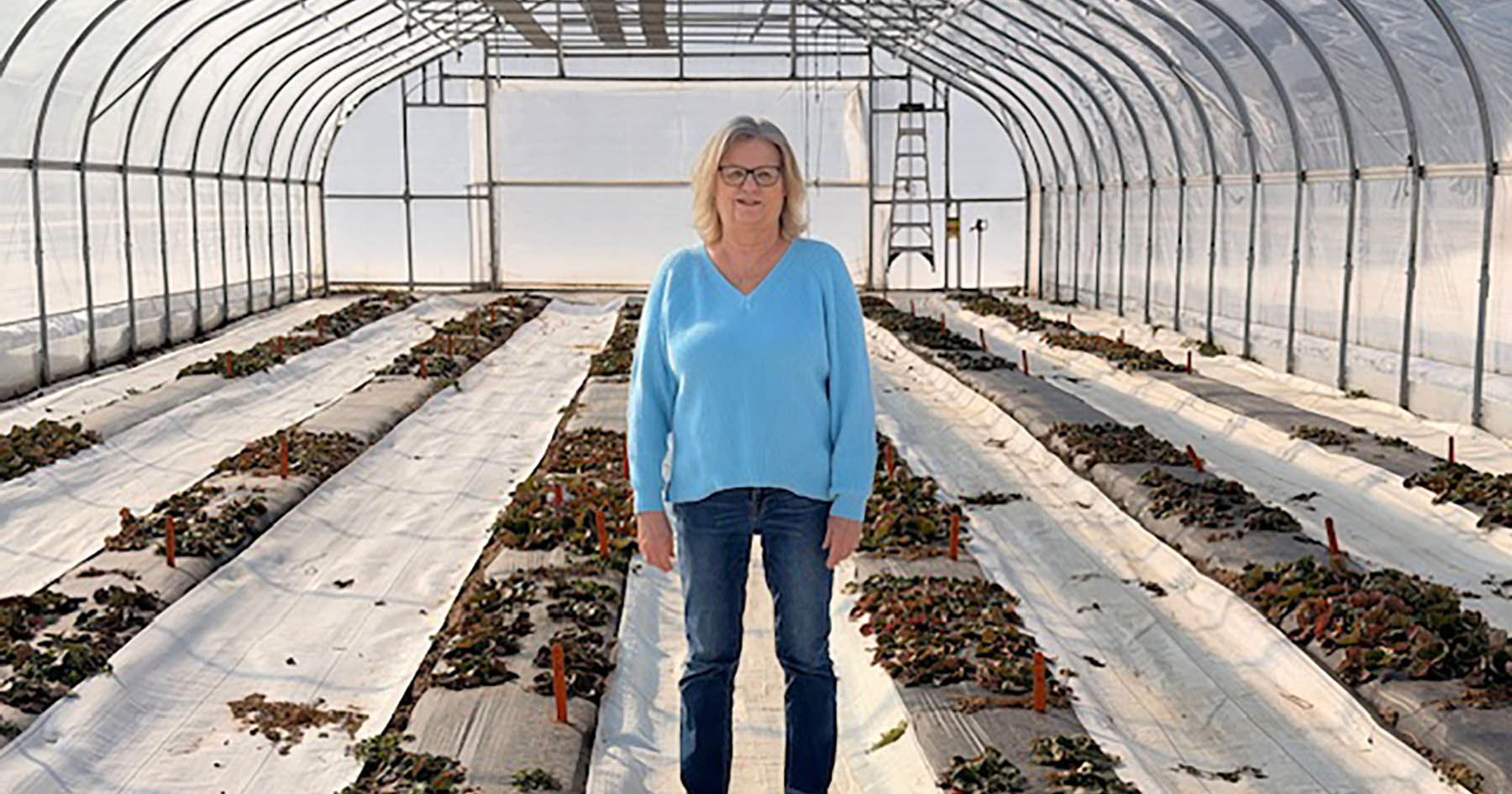Purdue Extension specialists urge homeowners to use caution before returning to flood-damaged properties
After more than a week of unusually heavy winter rains triggered widespread flooding in some areas, Gov. Eric Holcomb had declared a disaster emergency for 18 Indiana counties as of Feb. 27, allowing the state Department of Homeland Security to provide additional emergency services and setting the stage for possible federal assistance.
Counties covered by the disaster declaration are Benton, Carroll, Clark, Crawford, Dearborn, Elkhart, Floyd, Fulton, Jefferson, Lake, Marshall, Perry, St. Joseph, Spencer, Starke, Switzerland, Warrick and White.
As relief efforts gained momentum, Purdue Extension disaster specialists urged homeowners to use considerable caution before returning to flood-damaged properties.
“Be sure to give your home time to dry out thoroughly,” said Abby Hostetler, communication specialist for the Extension Disaster Education Network (EDEN). “It could take weeks before a house is dry enough to begin rebuilding.”
Hostetler advised anyone with flood damage to report it to the state Department of Homeland Security at https://oas.dhs.in.gov/hs/damage/ia-public.do?method=active&incidentId=IA20180220012405 or contact their local emergency management authority.
Renovating too soon could trap moisture in wood, leading to rotting and promoting the growth of mold, Hostetler noted. In addition, floors and other surfaces could be uneven or slick with standing water or mold. Roofs and walls might be susceptible to collapse.
Before re-entering a flooded home, property owners should make sure to unplug all appliances, take photos to document the damage, begin removing mud and other debris from the home while still damp and remove all keepsakes and valuables for salvaging.
“Many objects can be saved if you begin salvage within 48 hours of the flood receding,” she said.
But Hostetler stressed that homeowners should not rush back to flooded areas, where downed power lines and broken gas mains could pose a significant risk.
“It is essential to allow authorities plenty of time to evaluate the situation and declare the area safe before you even return to your property,” she said.
Homeowners should remember these tips for minimizing risks during the recovery process:
* Check with local officials about safely dealing with power and gas lines.
* Check for structural damage in your building. Look for leaning walls, sagging roofs and ceilings and weakened support columns. If you see any of those things, do not enter the property until repairs are made.
* Air out your home for several minutes before entering. This will help minimize the risk of inhaling mold or other pollutants.
* Turn off the main electrical breaker, even if the power is off in the neighborhood. If the main disconnect is inside the building, call your utility company for assistance.
“Pumping out your basement too soon or too quickly could do even more damage,” Hostetler advised. “Water in the basement helps brace the walls against the extra pressure of the water-logged soil outside. If the water is pumped out too soon, the walls might be pushed in or the floor might be pushed up.”
Purdue Extension has compiled a number of informational resources on a website to help homeowners and agricultural producers impacted by flooding. The site includes instructional videos, background materials and how-to guides produced by Extension educators and specialists.
Topics covered on the site include residential flooding, financial management, mold control, food safety and managing stress. The site is updated regularly as new resources become available.
To access the site, go to https://www.purdue.edu/floods.





